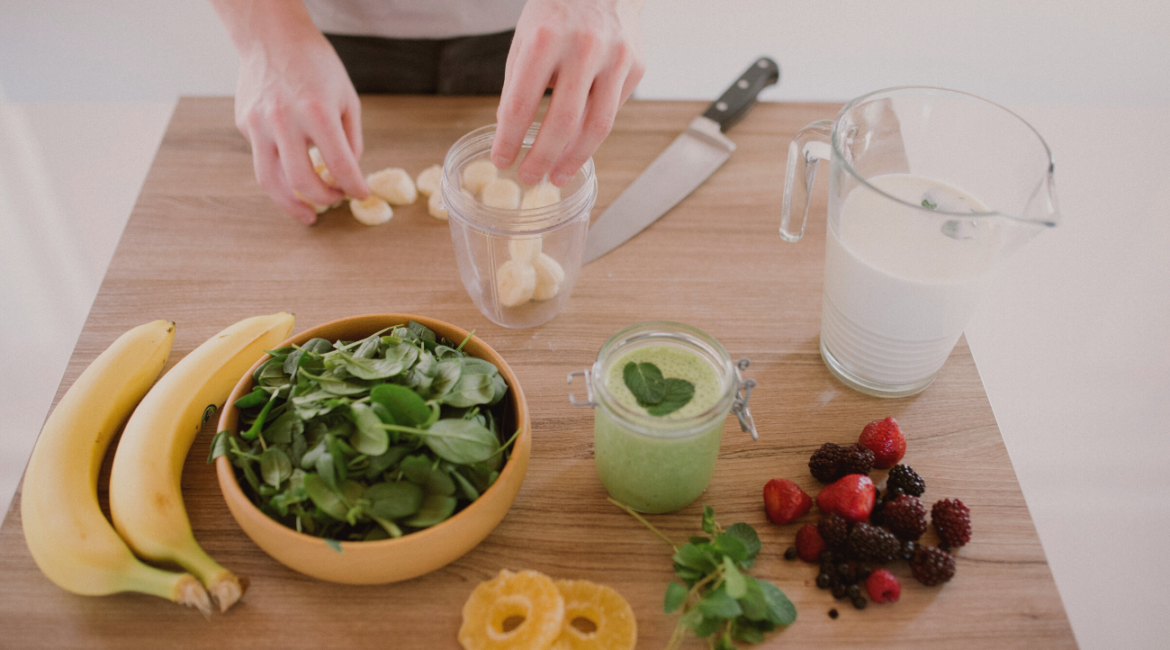7 NUTRITION COMMON MYTHS & MISCONCEPTIONS
You might be making decisions about your diet based on some common misconceptions. Read this short article to find out what other nutrition myths are guiding your choices, and what the facts really are.
We all make choices about what we eat every day, either consciously or unconsciously. But are our decisions guided by fact, or by myth? In this short article, we explore 7 common misconceptions around nutrition.
Myth
Foods labelled as ‘natural’ are healthier.
Fact
The term ‘natural’ is very loosely defined by the government, which is why it is found on such a wide variety of products. Instead of relying on this term to guide your choices, ignore it completely and read the ingredients and nutritional info.
Myth
You can’t eat late at night.
Fact
While there are merits to this idea, making a blanket statement and barring all eating after a certain time – no matter the circumstances – is unwise. Your schedule may not allow early mealtimes, and if you’re really hungry you should eat. Consider healthy late night snacks if you miss supper or just can’t beat the cravings.
Myth
You must drink 2 litres of water per day.
Fact
There is no set amount of water you have to drink each day. Don’t worry about the numbers; rather listen to your body and give it what it needs. There is also water in food, such as fruits and veggies, so you may be hitting your ideal hydration level earlier than you think.
Myth
You can never eat junk food.
Fact
There are no hard rules in nutrition, and while staying away from unhealthy food is obviously a good idea, there’s no harm in having a slice of birthday cake, or treating yourself to an ice cream on a beach day with the kids. As long as you can control your cravings, junk food can form a part of a sensible balanced diet.
Myth
Breakfast is the most important meal of the day.
Fact
Once a well-known idiom, it is no longer believed that eating a good breakfast is crucial to setting up a healthy day. Various studies have shown the benefits of skipping breakfast altogether, or of breaking your fast later in the day. Conversely, other studies have shown the benefits of eating a big breakfast and limiting your calorie intake later at night! So if you’re a breakfast person, go ahead and eat it. If not, don’t worry about it.
Myth
Non-nutritive sweeteners are healthier than sugar.
Fact
With sugar-free foods on the rise, many products are replacing sugar with non-nutritive sweeteners. While avoiding sugar is a good idea, consuming non-nutritive sweeteners in its place can also present various health risks. These include an increased risk of type 2 diabetes and a harmful impact on your gut bacteria.
Myth
Low-fat foods are healthy alternatives.
Fact
Low-fat foods are often formulated with a single end-goal in mind – unfortunately, the goal is not a healthier product, but a product which can be advertised as being low in fat. To ensure that these alternatives are still tasty, lots of sugar and salt is often added, making the high-fat option the healthier choice.
Now that you’ve debunked the myths and are armed with info, you can make nutritional choices that lead to a healthier, happier you!

